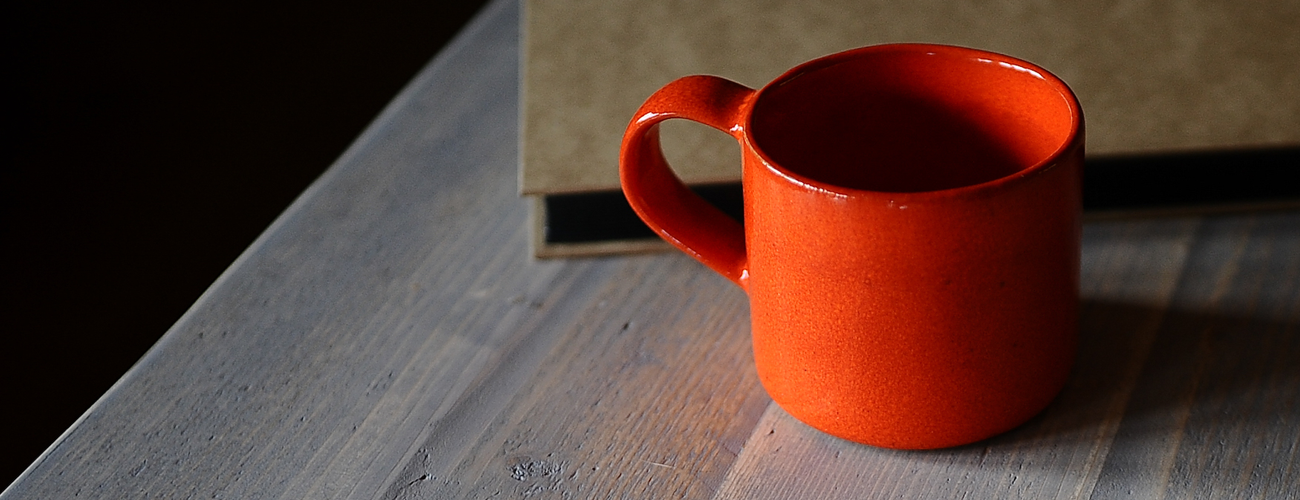
Choosing the perfect bedside table: quality, size, function and style
Prioritise quality
We begin with some sound advice that applies across furniture types. The ethos behind mass-produced furniture is efficiency. This often means that the quality of materials and joinery processes are compromised in the drive for profitability.
Bedside tables that are handmade by experienced craftspeople will always be of superior quality than anything you could order from a high street store or mass market online furniture retailer.
While sticking to a budget is important, especially when times are tough, buying cheap furniture is rarely the most cost-effective option. A bedside table with poorly fitting drawers or wobbly legs will not only be frustrating to use, it will wear out in half the time of a well-built, handmade piece. Wouldn't it make more sense to buy a durable bedside table that will last you for decades - and even have some resale value?
Cheap bedside tables are often bad for the planet too. Supporting fast-wood plantations pressurises local communities into clearing native forests. Since they prioritise quality over speed, firms selling handmade furniture often choose to source their timber from responsibly managed forests. Look for the FSC certified mark before you buy.
Get the size and positioning right
You may only use your bedside tables for a few minutes a day, but their size and position in your room can have a major impact of the quality of your sleep - and the day that follows!
Bedside tables are deliberately designed to be approximately level with the top of a standard mattress. A couple of inches higher is OK, but if your table is much lower than your mattress, you will probably find it annoying and difficult to use.
A 45 to 56cm high bedside table will be suitable for most double beds, up to 64cm is better for a queen size bed, and up to 74cm will reach the mattress height of most king size beds.
When measuring your available space, it is best to leave one or two inches between the bed and the table and at least five inches of clearance around the other sides. Think about access to power sockets because you are likely to need a lamp, an alarm clock and possibly somewhere to charge a mobile device.
Most homeowners opt for a bedside table on either side of the bed, but for twin rooms, one large bedside table between the two may be better.
Function and style
The design of bedside tables is restricted by certain parameters, otherwise they wouldn't to do their job properly. That's why moving a spare coffee table into the bedroom rarely works out!
Two factors to consider closely are internal storage space and surface area. Think carefully about your bedtime and morning routine. For many people, having two or more drawers is most convenient because they can store items such as underwear, medication, books and electrical chargers.
If you tend to sit up reading before turning in, make sure you have ample surface space for a lamp, reading book and spectacles (if you need them). Do you take a glass of water to bed? Do you keep a dream journal? Keep function top of mind rather than automatically looking for the smallest or largest bedside table.
Now you've done the hard work, it's the fun part: narrowing your choice by style and finish. Would you find the flawless, even grain of a Scandi-style bedside table more conducive to sleep, or does the warm character of rustic furniture make you feel cosy?
What finish do you prefer? What colour legs matches your decor?
Browse handmade, sustainable bedside tables from 7Magok
Visit our dedicated Bedside Tables page and browse our collection for inspiration. All of our bedside tables are made from FSC certified wood or reclaimed scaffold boards.
We can customise any bedside table to order, so let us know if we need to design your piece to suit non-standard mattress heights or to fit in small or unusually shaped spaces.

Leave a comment